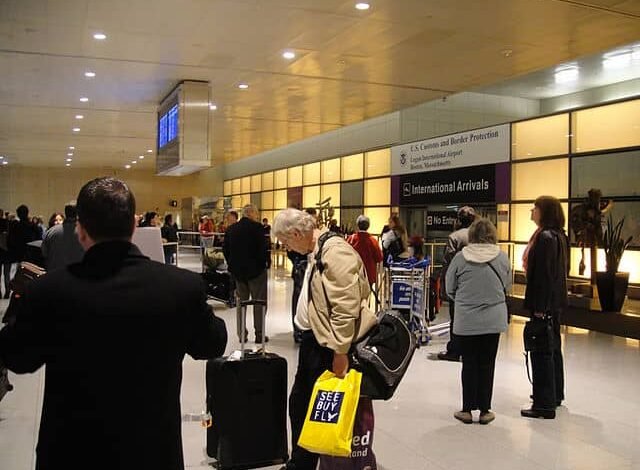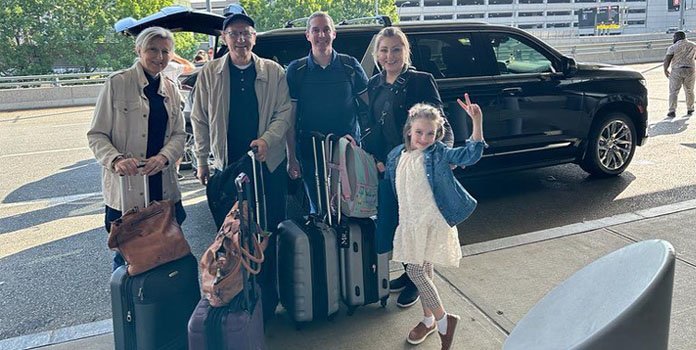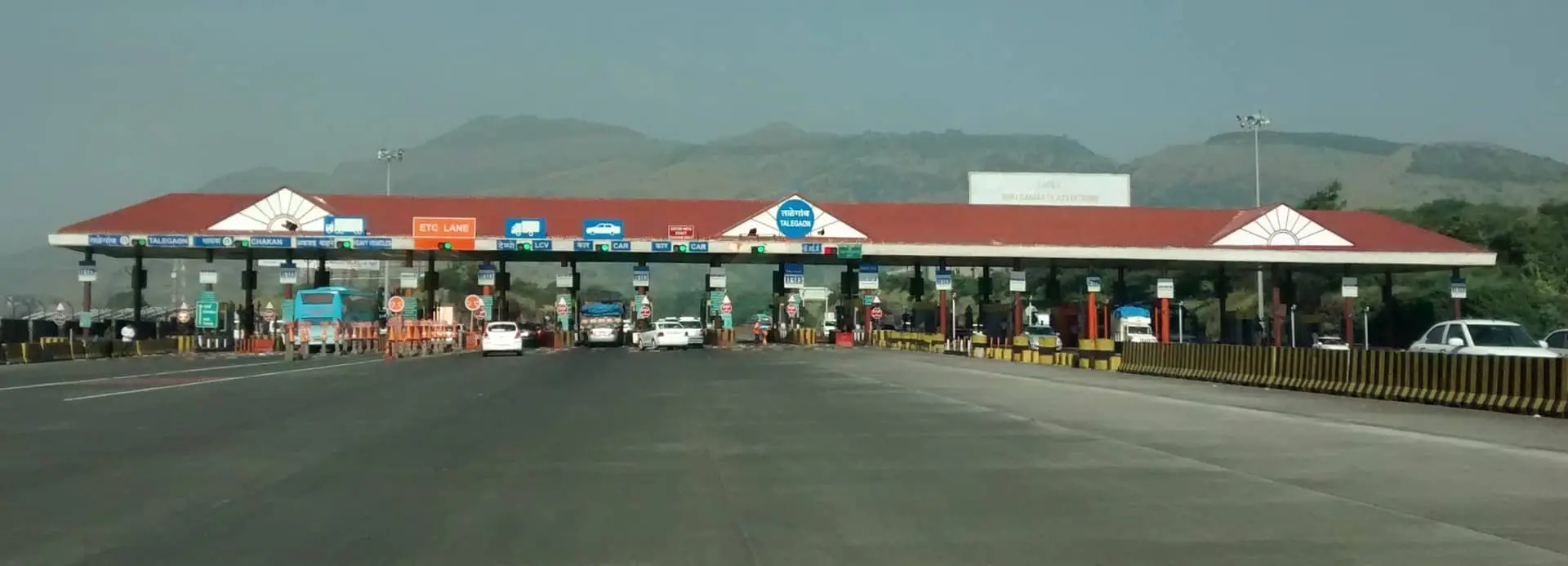Government Shutdown Batters Boston’s Taxi and Limo Fleets as Logan Flights Plummet

As the federal government shutdown stretches into its 43rd day—marking the longest in U.S. history—Boston’s Logan International Airport has become a stark symbol of the chaos rippling through the nation’s travel infrastructure. With the Senate passing a funding bill late Monday to end the impasse, hopes are rising for a swift resolution in the House. But for now, slashed flight schedules are leaving taxi and limousine drivers in a holding pattern, their livelihoods stalled by empty airport queues and canceled itineraries.
The Federal Aviation Administration (FAA), grappling with understaffed air traffic control towers where controllers are working without pay, implemented a 10% reduction in flights at Logan and 39 other major airports starting last Friday. The move, aimed at preventing fatigue-related errors amid the shutdown, has triggered a cascade of disruptions.
Over the weekend alone, more than 150 flights were canceled at Logan, stranding thousands of passengers and slashing arrivals by nearly 20% compared to the same period last year. Delays averaged two hours on Monday, with TSA lines—manned by equally unpaid screeners—stretching up to 90 minutes, further deterring travelers.
For Boston’s ground transportation sector, the fallout is immediate and visceral. Taxi and limo operators, who rely heavily on airport runs for up to 60% of their revenue, report business down by as much as 40% since the cuts began. “It’s like the planes vanished overnight,” said Marco Ruiz, a veteran taxi driver with 15 years ferrying passengers from Logan’s curbside to downtown hotels. “I used to do 10-12 airport pickups a shift.
Now? Maybe three, if I’m lucky. Folks are canceling trips or driving in, and the ones who show up are too frazzled to tip.” Ruiz, like many of his colleagues, has cut back to part-time shifts to conserve fuel and vehicle wear, joining a chorus of drivers idling in coffee shops near East Boston rather than circling the terminals.
The strain extends to the luxury end of the spectrum as well. Boston Limo Association President Carla Esposito estimates that her members—serving corporate clients and high-end tourists—have lost upwards of $500,000 in bookings over the past week. “Thanksgiving is our Black Friday, but with flights grounded, families are rethinking reunions, and execs are Zooming instead of jetting in,” she said. “We’re talking black cars sitting empty in garages, drivers dipping into savings. This isn’t just a hiccup; it’s a gut punch to an industry already squeezed by rideshares and inflation.”
The broader economic ripple effects are mounting. A new analysis from the Greater Boston Chamber of Commerce pegs the shutdown’s local toll at $150 million weekly, factoring in forgone tourism dollars and federal employee furloughs at Hanscom Air Force Base. Canceled flights mean emptier hotel lobbies, quieter restaurants in the Seaport, and, yes, fewer fares for the roughly 5,000 taxi medallion holders and independent limo operators in the metro area.

“The canceled flights also mean less business for hotels, restaurants, and taxi drivers,” noted a recent Herald report on the shutdown’s drag on New England’s economy. And with the holiday travel rush looming just two weeks away, industry leaders warn that even a quick end to the shutdown won’t instantly revive schedules—airlines need days, if not weeks, to rebook and restaff.
On Capitol Hill, the Senate’s 60-40 vote Monday to advance a continuing resolution offered a glimmer of relief, with eight Democrats crossing the aisle to support the measure despite failed attempts to link it to health care reforms. House Speaker’s office sources indicate a floor vote could come as early as Wednesday, potentially reopening non-essential federal operations by the weekend. Transportation Secretary Sean Duffy, in a stark briefing Tuesday, cautioned that air travel woes “are going to get much worse” without resolution, pointing to over 5.2 million disrupted passengers nationwide since October 1.
At Logan, the mood is a mix of resignation and resolve. Passenger advocate groups are urging airlines to waive change fees, while Massport—the airport’s overseer—has deployed extra staff to manage rebooking lines. For drivers like Ruiz, the wait feels interminable. “We’ve powered this city through blizzards and pandemics,” he said, nursing a coffee at a Revere diner. “We’ll bounce back. But Congress needs to remember: every grounded flight grounds a family budget, too.”
As Boston braces for potential holiday gridlock—or, optimistically, a surge of pent-up travel—the shutdown serves as a reminder of how fragile the threads connecting sky and street truly are. Updates on the House vote and flight recoveries will follow as they develop.
1st Image Credits- Logan Airport








